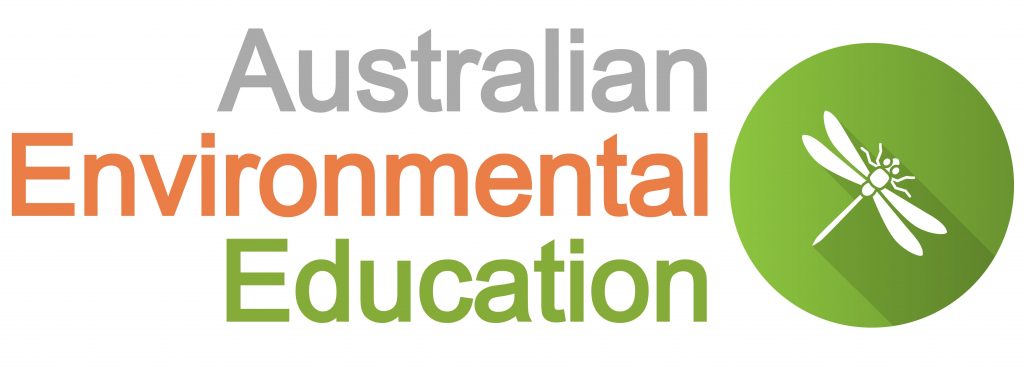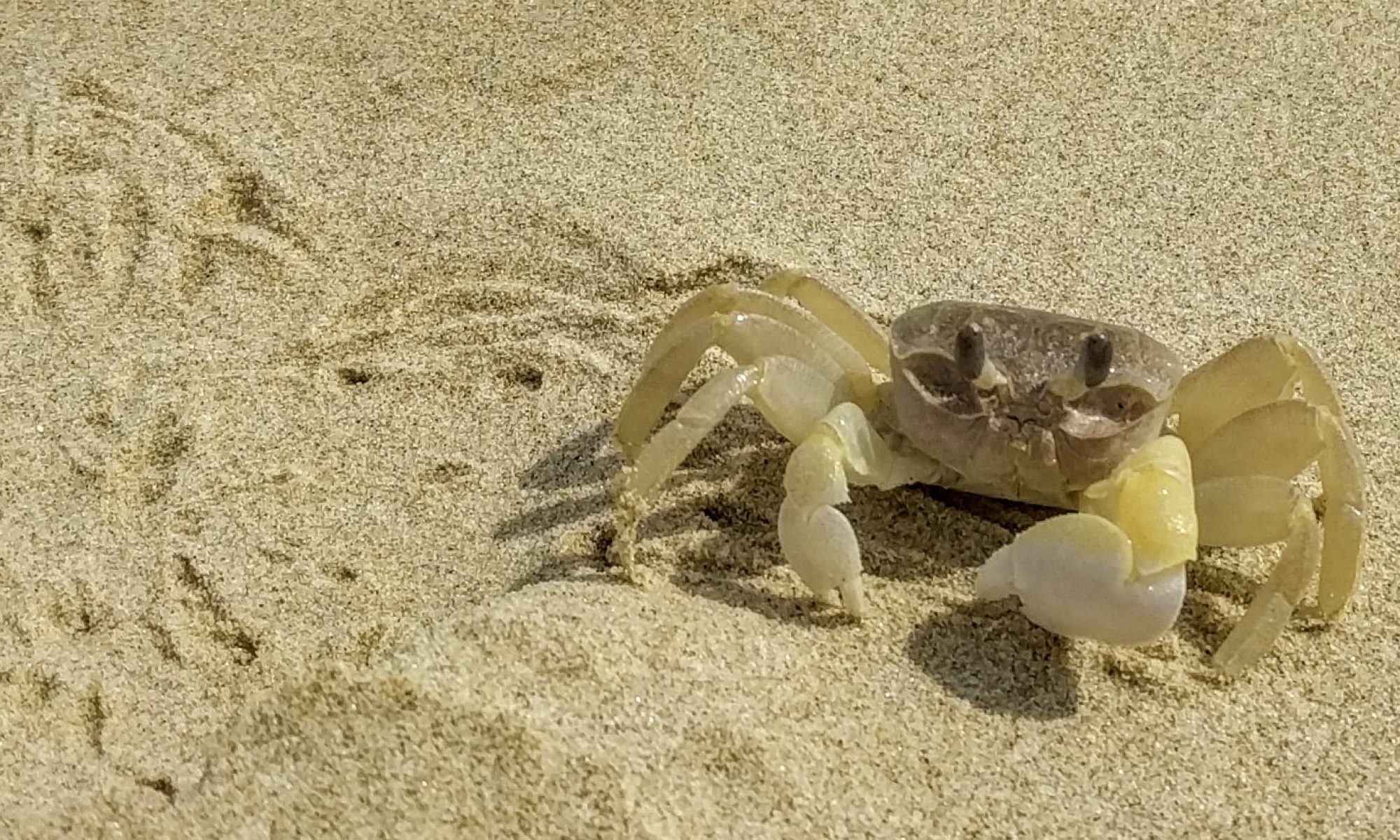Invertebrate Investigations explores the diverse world of invertebrates. Discover why invertebrates are important and learn how investigate the invertebrates in your own backyard.
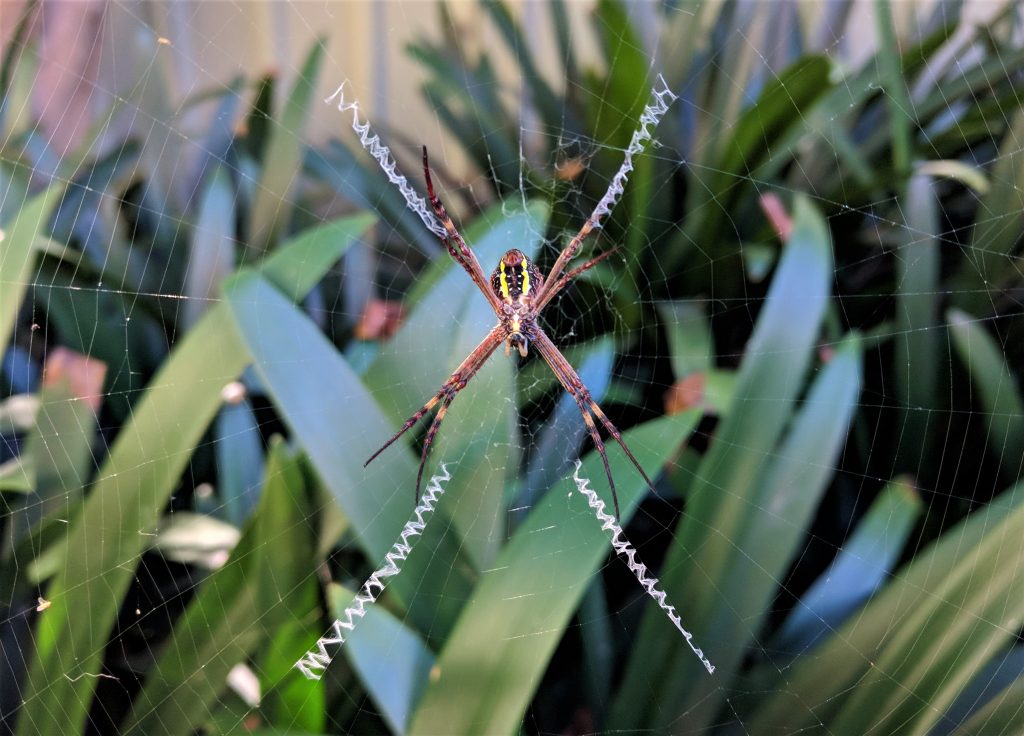
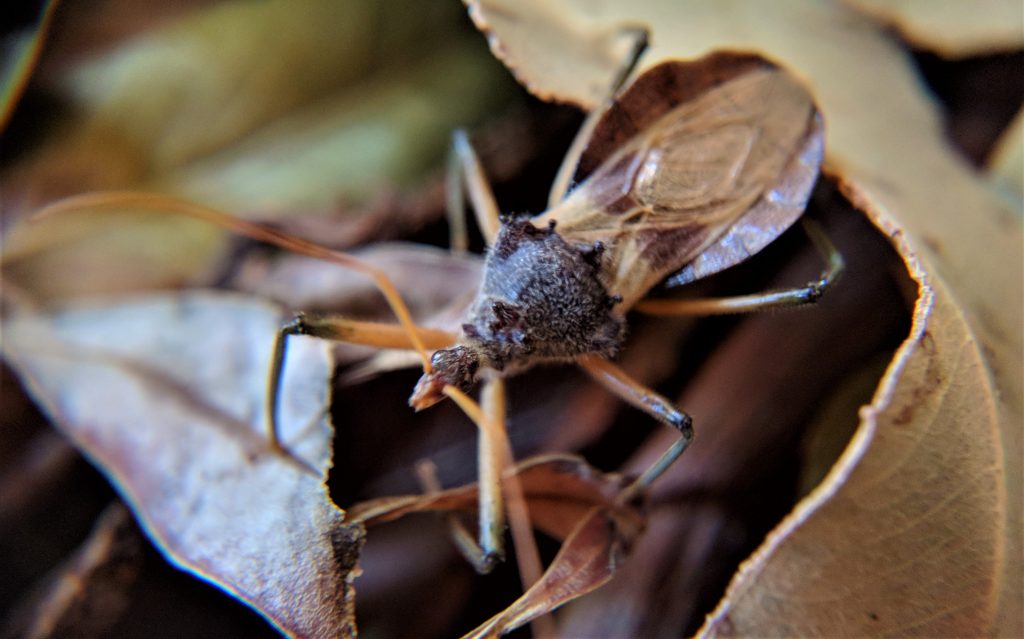
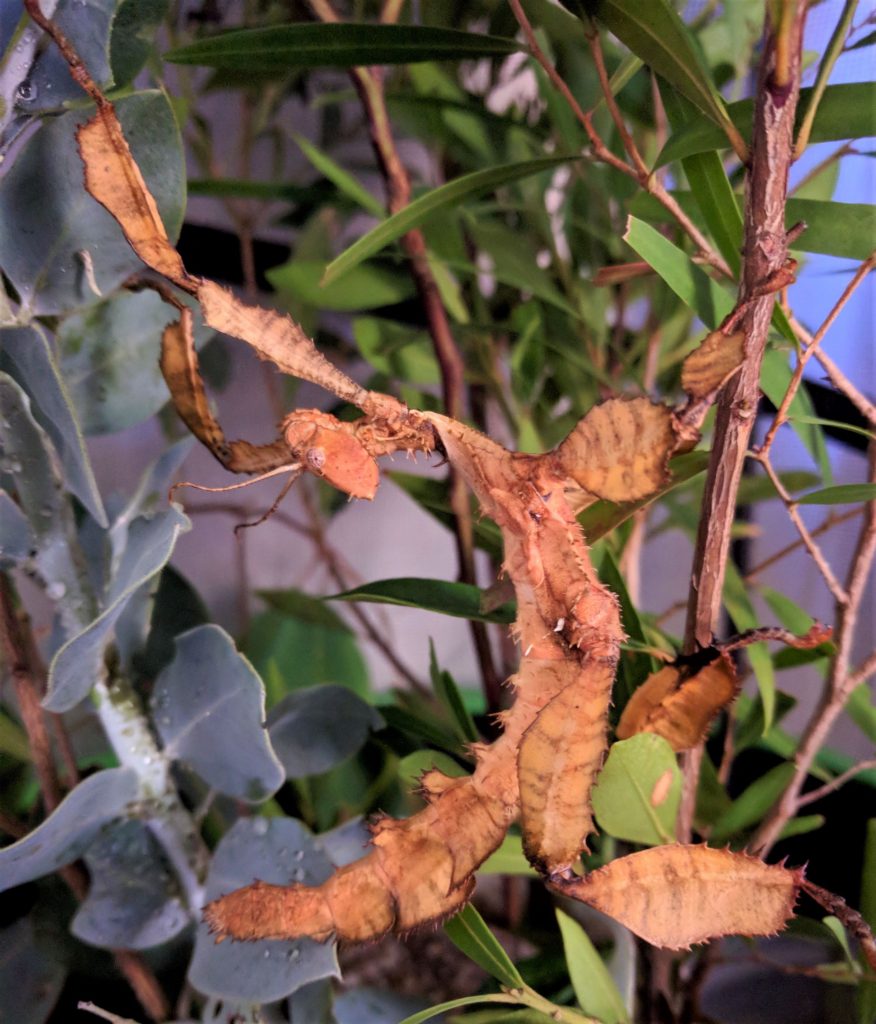
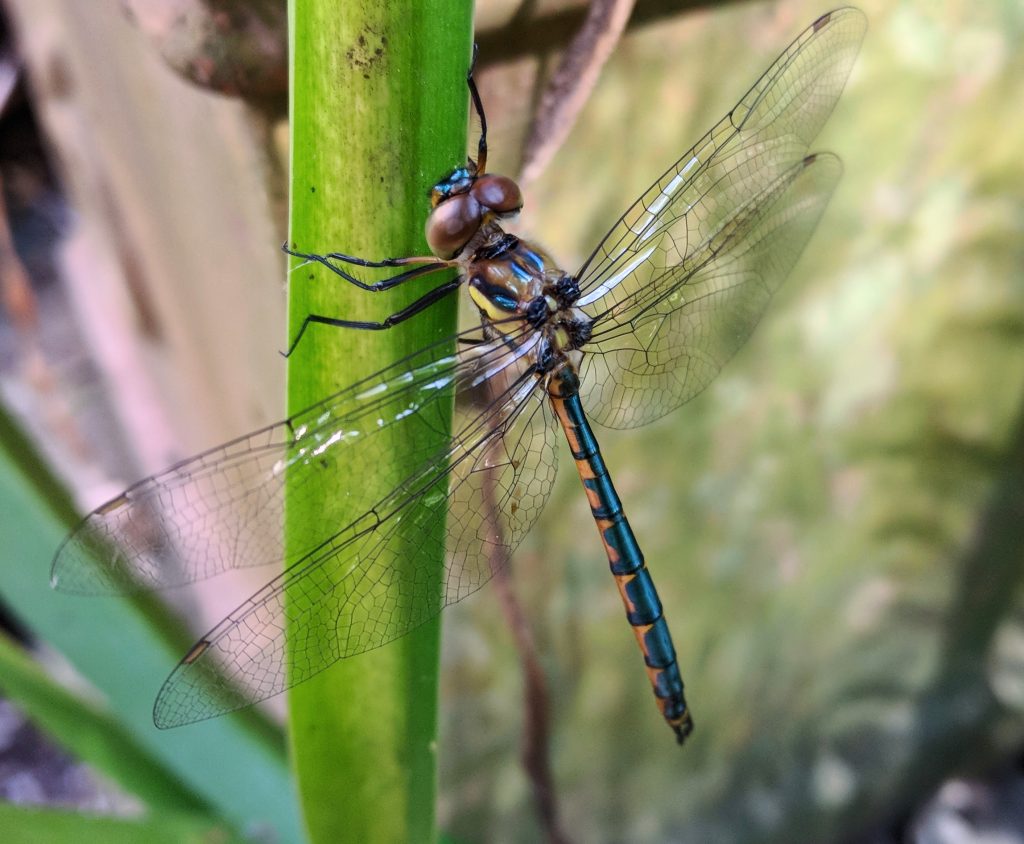
‘I just wanted to complement you on Karen yesterday afternoon. She was absolutely fantastic and had all our kids mesmerised which is pretty difficult normally. Thank you so much for the fantastic find.’
Invertebrate Investigation Session Vacation Care Centre January 2020
Students will learn how to identify common groups of invertebrates The workshop is designed to provide information and skills that will enable you and your students to conduct an invertebrate survey in your school.
Invertebrate Investigation Program content:
In this program students will:
- Have a presentation on different groups of invertebrates
- Conduct fieldwork to investigate invertebrates in the school grounds
- Look at some of the clues that invertebrates leave behind
- Learn about different invertebrate life cycles
- See live invertebrates
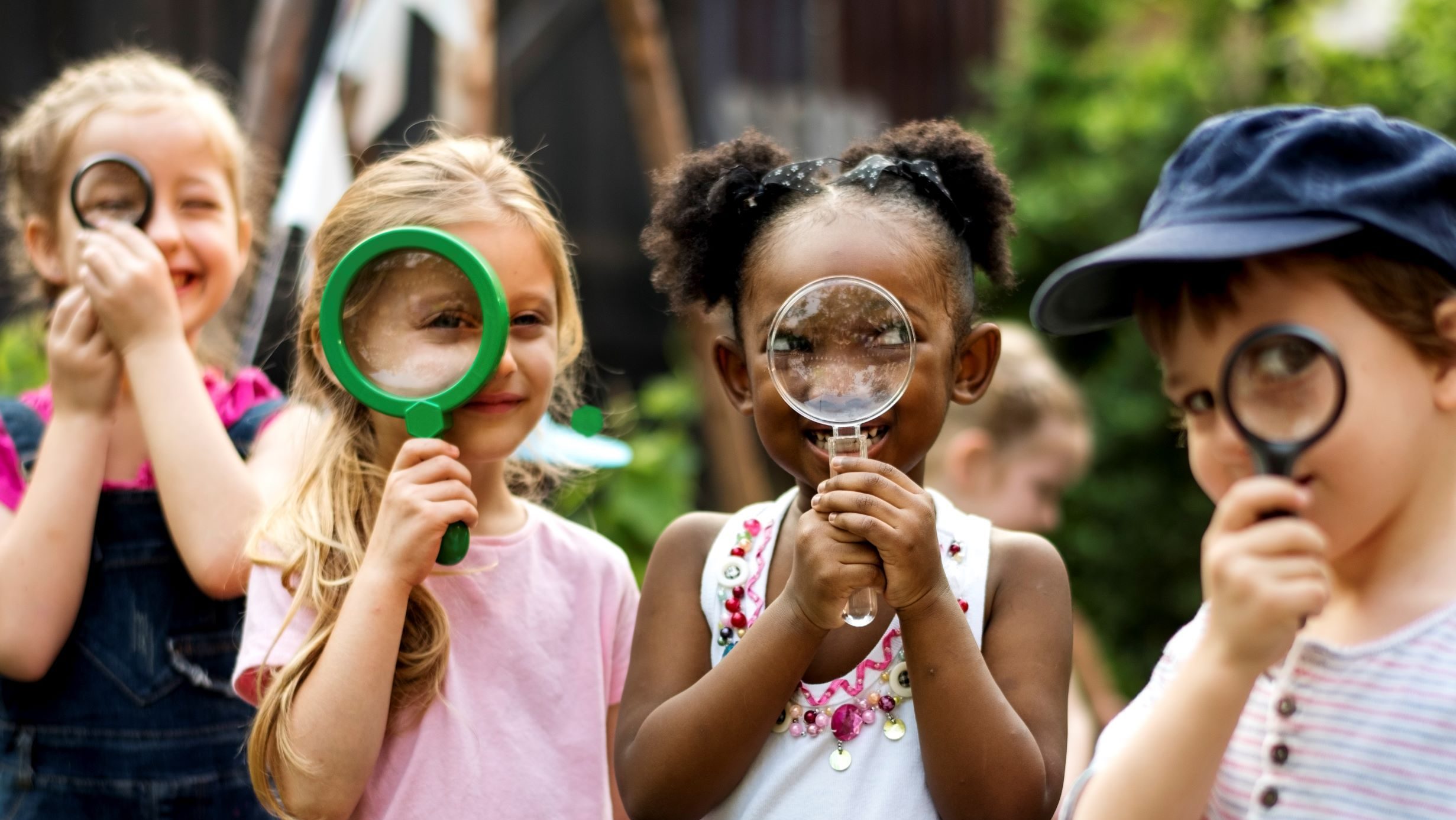
- Classification: Living Things – Vertebrates and Invertebrates, Arthropods and Arachnids
- Identification: Common groups of Invertebrates, Habitats and Comparing features
- Hands on investigation: Field works practices, Applying geographical tools and Observation
- Sustainability: Protecting habitats and Saving species
Science Made Easy combines resources with an in school learning module. There are a range of packages available to suit your science education needs.
Enquires and bookings
Education Resources
Find education resources to help you and your students learn more about Australian Invertebrates
NSW Curriculum Links
Science and Technology K – 6
Skills
Students develop and apply skills in:
- scientific inquiry through the process of working scientifically
- design and production processes in the development of solutions
Knowledge and understanding
Students develop knowledge and understanding of:
- the natural world including living things and Earth
- the built environment
- how digital technologies represent data
Human Society and its Environment HSIE
Students:
- develop knowledge and understanding of the features and characteristics of places and environments across a range of scales
- develop knowledge and understanding of interactions between people, places and environments
Students:
- apply geographical tools for geographical inquiry
- develop skills to acquire, process and communicate geographical information
See the NESA website for full details.
https://educationstandards.nsw.edu.au/wps/portal/nesa/k-10/learning-areas/science
https://educationstandards.nsw.edu.au/wps/portal/nesa/k-10/learning-areas/hsie
